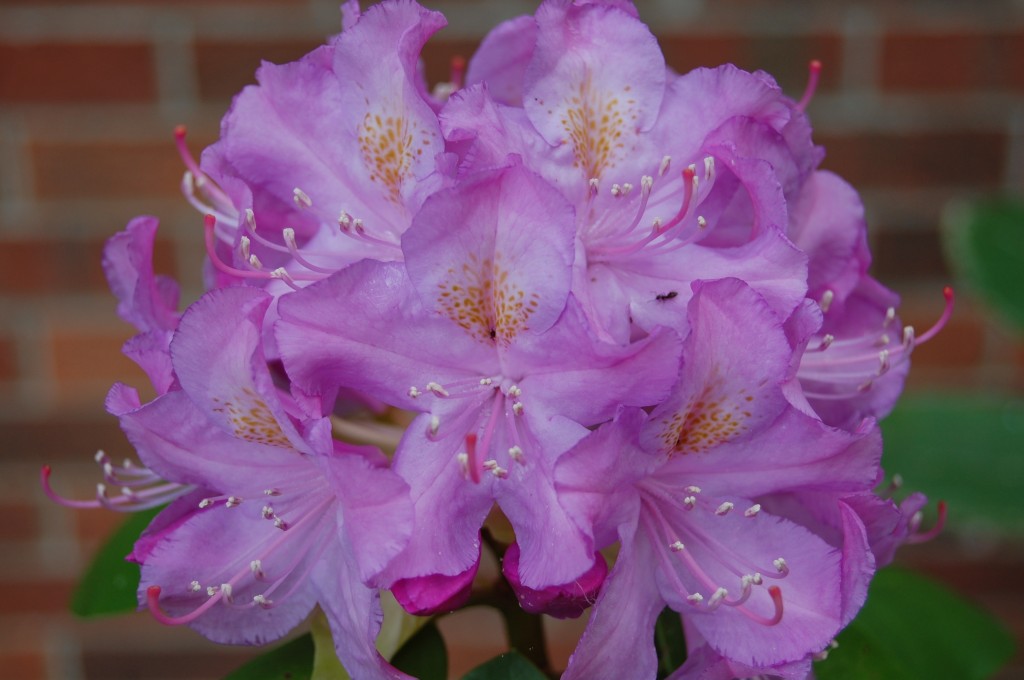The work of centering prayer in my body and mind is ever shifting and deepening. The prayer holds both gift and gravity. The depths to which the prayer takes me are significant, but not always easy.
In the beginning of meditation or centering prayer, which came for me twelve and a half years ago, I had a typical newcomer’s experience. Getting past the initial twitches and disgruntlements, I established a daily practice. Shifts in my ways of working and relating were powerful. I got pretty excited about the way focus increased and creativity emerged.
Meditation made immersion into my doctoral studies possible. It allowed me to become a different kind of writer and to take on lots of new work in the last dozen years. It gave me a clearer sense of who I am and what my gifts and limits are and where my contributions could be. The list goes on. The practice expanded my mind in ways I could not really have anticipated.
Meditation also gave me access to a sense of the sacred, to divine presence, to attention itself that I never knew before. Living in a world where arguments for God are implausible and the abuses of religion run rampant (Christianity chief among the perpetrators), such an opening to sacred presence has been a gift beyond measure. It has literally been the means of my being saved day upon day, saved from myself, saved from my doubts and despair. It has been an unspeakable comfort.
But a practice like this is tricky. Not only has silent prayer been a comfort and a relief, it has also opened me up to deeper things hidden in myself, more painful and harmful things. It has been a challenge that seems irresistible and urgent, yet frightening and uncertain.
As I sink into the silence, into awareness itself and become engulfed in holy presence, the prayer allows things my brain and body long ago buried to rise up. Centering prayer makes a kind of internal space that allows room for honoring the fullness of life – the good, the bad and the ugly. Out of these depths joy, grief and the vulnerabilities of life come into view. They grasp me. They hold tight. They struggle like Jacob’s nighttime visitor, the possibility of a blessing or a curse hovers.
I said two years ago that things were shifting. Indeed they have and they continue. By turning down the volume on the external and then the internal noise, I’ve come face to face with deeply personal beliefs that need healing. They are ideas that didn’t originate with me, and yet they are mine. And they beg for healing.
The pain that human beings bear is often ancient and inherited, no matter how immediate or personal it feels. We carry patterns of thinking, emotional responses, and pre-verbal embodied memories, transmitting them in subtle an unconscious ways from one generation to the next.
Healing requires space and time. In the deep silence of prayer there is room to receive the brokenness and allow it voice. Silence and word are paradoxically related. To receive one truly, is to see and understand the other more profoundly. In the union between silence and word is the healing space of both unity and release.
My brokenness is probably no more interesting or profound than that of any other person on earth. It is probably just as banal as grass, as run-of-the-mill as ants. Recently, I complained to a friend that I should not waste so much energy on seeking healing when there are such enormous “real” and profound needs and brokenness in the world. Shouldn’t I to spend my energy on those?
“But” she stopped me: “It’s your one wild life.” That struck at my heart. She continued, “It’s all you get! How could you not do whatever you must?”
So I must.




